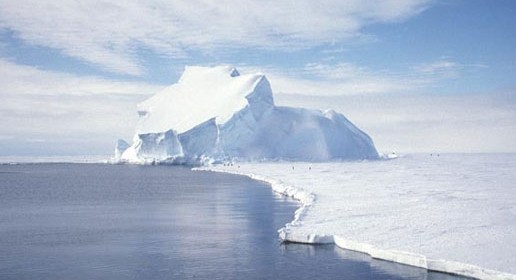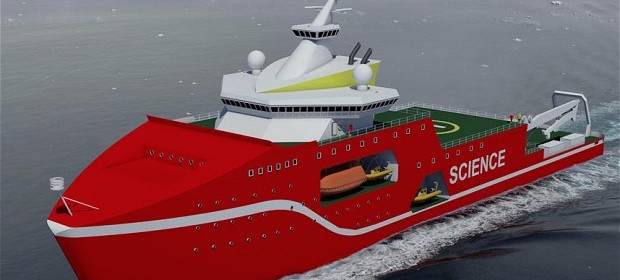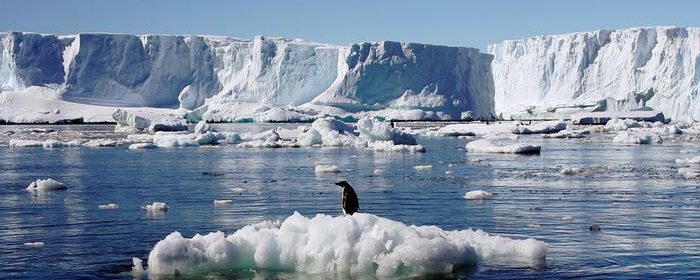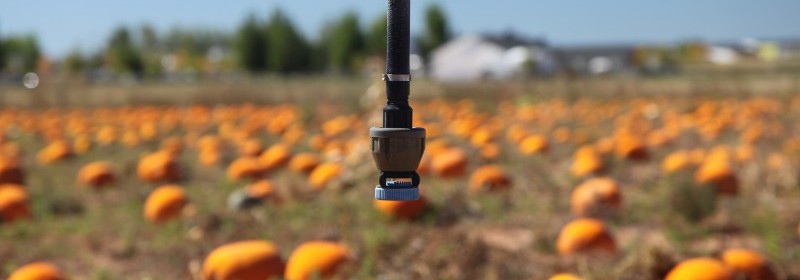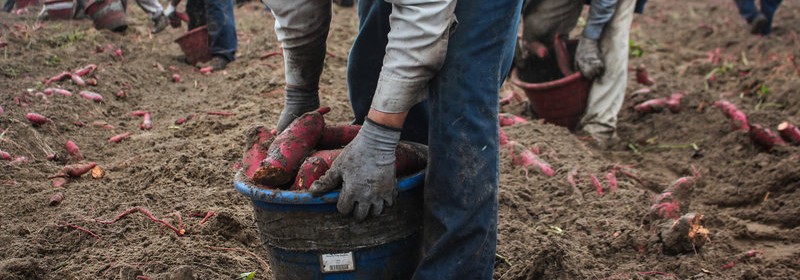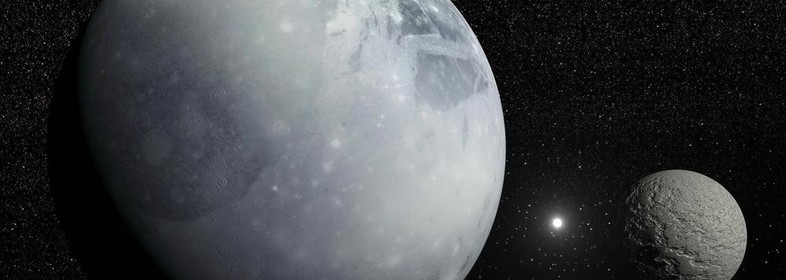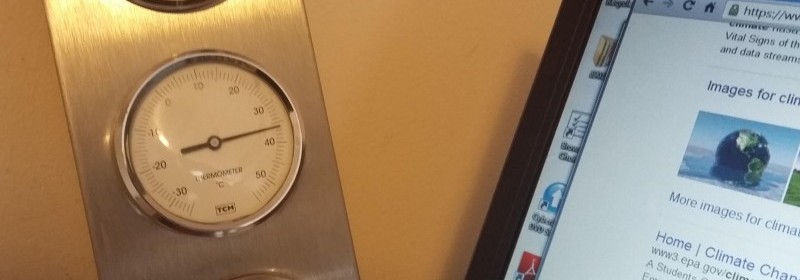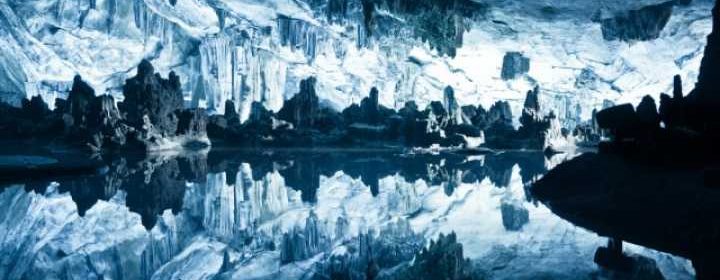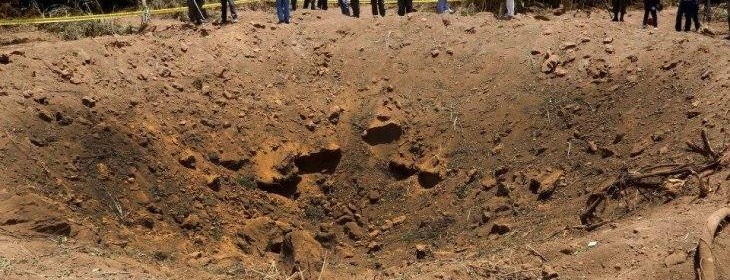CO2 Emission Levels Not Relative To Temperature

The amount of CO2 is increasing all the time – we just passed a landmark 400 parts per million concentration of atmospheric CO2, up from around 280ppm before the industrial revolution. That’s a 42.8% increase. A tiny amount of CO2 and other greenhouse gases, like methane and water vapor, keep the Earth’s surface 30°Celsius (54°F) warmer than it would be […]
Read more
